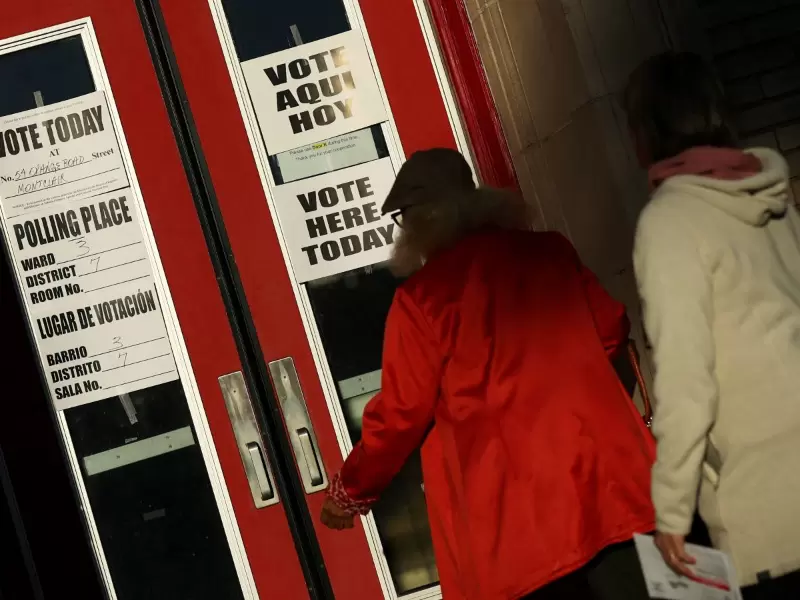Republicans dangle reprieve from tax retaliation as Trump bill heads toward votes
The proposal, known as Section 899, is currently part of Trump's tax-cut and spending bill, which Republicans hope to enact as early as June 28.
.jpg) A person walks the grounds of U.S. Capitol in Washington, D.C., U.S., May 16, 2025. / REUTERS/Kevin Lamarque
A person walks the grounds of U.S. Capitol in Washington, D.C., U.S., May 16, 2025. / REUTERS/Kevin Lamarque
A tax proposal that would enable U.S. President Donald Trump to retaliate against countries that impose taxes he considers unfair could be removed from a sweeping budget bill, if an international deal can be struck before it passes, top White House and congressional Republicans said on June 25.
The proposal, known as Section 899, is currently part of Trump's tax-cut and spending bill, which Republicans hope to enact as early as June 28 so the president can sign it into law before the July 4 U.S. Independence Day holiday.
House of Representatives Ways and Means Committee Chair Jason Smith told Reuters that the provision could be removed from the legislation if other countries and the European Union agree to suspend taxes such as the "Pillar Two" global minimum corporate tax.
"If there's an agreement before the bill's passed, I'd see it to come out. But until the European Union treats U.S. businesses fairly, it will be in the bill," Smith said in an interview.
White House economic adviser Kevin Hassett made similar remarks about Section 899, saying: "Maybe it doesn't have to be in the bill if they pull those things back ahead of the vote."
Hassett specifically cited Pillar Two and digital service taxes, which impact large U.S. technology companies like Amazon and Alphabet.
"We don't like those things, and we've got a tax response, a tax retaliation, a reciprocal retaliation in the bill," he said in an interview with the Fox Business Network.
"And so, we're in negotiations over tax issues," Hassett added.
Section 899 would need to pass muster with the Senate parliamentarian, a nonpartisan referee of budgetary rules that Republicans must satisfy to fast-track the bill and pass it without support from Democrats. To be included in the legislation, each provision must have a direct and substantial impact on the federal budget.
One lobbying source familiar with the negotiations said Section 899 could be disqualified from Trump's One Big Beautiful Bill Act as a negotiating tool that would not necessarily be implemented.
The provision would impose a progressive tax burden of up to 20 percent on foreign investors' U.S. income, raising concerns on Wall Street about the attractiveness of U.S. investments.
Lawmakers have done little to address Wall Street's concerns, despite calls for clarifying language and leeway for the Treasury to exempt countries in negotiations with the Trump administration.
The Senate version of the provision would take effect in 2027, one year later than an earlier House version.
Senate Republican leaders are aiming to pass the Trump bill as soon as June 28, and Hassett said the White House would expect the House to vote on full passage later in the day.
Trump plans to promote the bill at a White House event on June 26 that will feature truck drivers, firefighters, ranchers and other workers who stand to benefit from its passage, according to a White House official.
ALSO READ: GOPIO opposes proposed 5% remittance tax in U.S.
ADVERTISEMENT
ADVERTISEMENT
E Paper
Video



 Reuters
Reuters












Comments
Start the conversation
Become a member of New India Abroad to start commenting.
Sign Up Now
Already have an account? Login